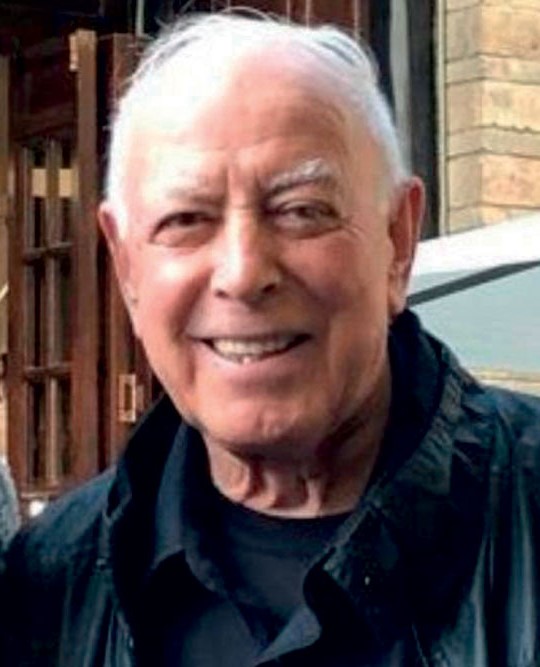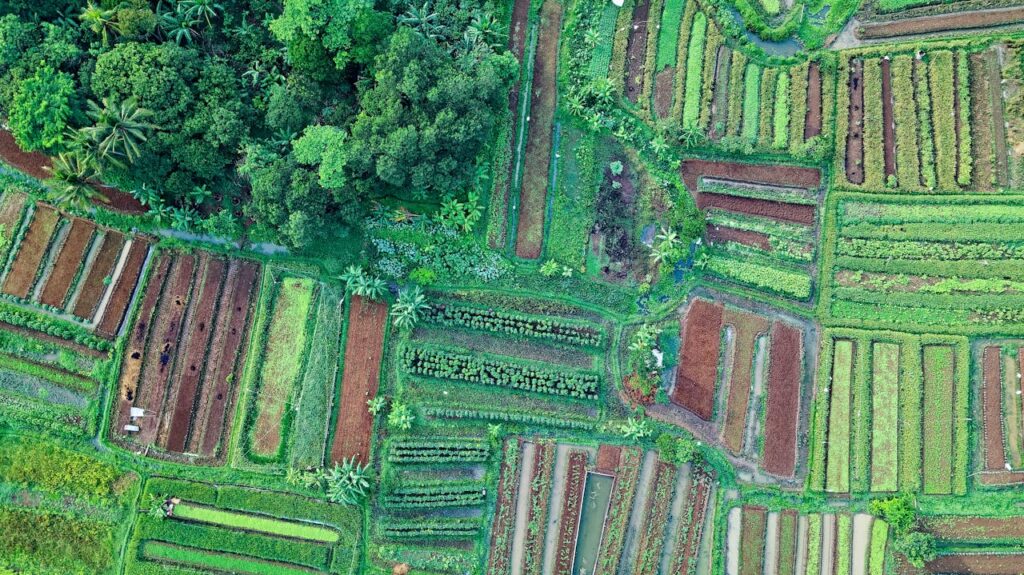As Jews in Israel and around the world mark the harvest festival of Shavuot, NoCamels highlights a company whose technology is helping farmers grow better, cheaper and more sustainably.
The new app developed by the Agriot Group uses artificial intelligence to determine how much fertilizer a plant needs, just by looking at its picture.
Sounds far-fetched, but Croptune has found a way to determine the nitrogen content in a plant from an image – and from there judge how much nitrogen-rich fertilizer it needs. All that is required is the Croptune app downloaded on a regular Apple or Android smartphone.
Plants need nitrogen to grow as it forms a key component of both amino acids (the building blocks of protein) and of chlorophyll, the compound that converts light into energy in plants and which gives them their green hue.
And it is the color of the leaves that allows the Croptune app to assess the amount of nitrogen within them. From there it can extrapolate just how much nitrate (the mineral converted from nitrogen gas by bacteria in the soil) is present in the ground.
“We take a picture of the plant, and by analyzing the color and the texture of the picture that we get with a regular smartphone with a deep learning machine, we can say the percentage of nitrogen in the leaves,” Agriot CEO Mark Fishman tells NoCamels.
“According to how green it is, I can tell you how much nitrogen it has.”
He qualifies that each plant is different in both appearance and fertilizer requirements, so it is crucial to have a thorough understanding of the location and age of the plant in order to have a true snapshot of the needs of the field and provide the correct recommendations.
For although nitrogen makes up just over three quarters of the air that we breathe, plants cannot absorb it in this way and instead rely on nitrates in the soil to give them the nutrients that they need. Most fertilizers contain between 26 to 32 percent nitrogen.

According to Fishman, the Croptune solution to determining nitrogen content in the soil is a revolution as it removes the need for the customary lengthy and complex process involved in understanding how much of it leaves contain.
“Usually people take the leaves first to a laboratory [where they have to] keep them cool,” he explains, pointing out that not every agriculturalist has access to such a facility.
“Then they crush and dry the leaves, do a chemical analysis, and two to three weeks later, you get the results that tell you the percentage of nitrogen in the leaf,” he says.
Croptune, on the other hand, not only gives results of the nitrogen content in the plant in real time, Fishman says, but also provides a recommendation of how much fertilizer to use based on those results, a process that boosts crop yields as well.
“We know the age of the plant, the age of the field and the percentage of nitrogen and can tell you that you really need to boost the fertilizer because there is a lack of fertilizers or offer support to keep on doing what you’re doing,” he says.
Sign up for our free weekly newsletter
Subscribe“Vice versa, we say if you’re giving too much fertilizer and you should stop, you have enough.”
It is vital to understand just how much fertilizer crops need because of the consequences of too much nitrogen in the soil, Fishman says.
Too little fertilizer will deprive the crops of vital nutrients and hamper both growth and harvest, while too much – aside from the wasted expense – leaves nitrogen in the soil unabsorbed by the plants, which brings its own environmental dangers both for the climate and the soil and the groundwater underneath.
“This is a critical point,” Fishman says. “Some of this [surplus] nitrogen turns into very polluting greenhouse gas and the other part goes as nitrate to the groundwater and pollutes it.”
And nitrate, he warns, is the number one pollutant of groundwater.
Founded in 2017, Agriot is an offshoot of the Haifa Group, a world-leading provider of specialty fertilizers. Named for the northern Israeli city in which it was established and is still based some 55 years later, the company has 17 subsidiaries operating in more than 100 countries worldwide, including China, South Africa and Turkey.

The technology used by Croptune was the work of Prof. Jiftah Ben Asher, Agriot’s late CTO and an internationally respected agronomist who died aged 85 during the Hamas mass terror attack in southern Israel on October 7.
“When he started to get WhatsApp messages with the names of all his friends from the area under attack, he said he needed to rest and he never woke up,” Fishman says. “He is not a casualty of the war, but he is.”
The company initially received funding from the Israel Innovation Authority, the branch of the government devoted to advancing the national high-sector sector, as well as private investment. Today, it has some 5,000 subscribers all over the world, according to Fishman, and is available in seven different languages.
He says that while Croptune is currently only certified by the International Organization for Standardization (ISO) to analyze potato plants, in actuality it can identify nitrogen levels in 21 different crops, including three grown in greenhouses, and the company is planning to expand its certification range.
For Fishman, a key driver behind the creation of the app is helping farmers, whom he says are often exploited at the hands of other elements within the agriculture supply chains.
“Farmers are always in survival mode,” he says. “We look at farmers as our partners so we need to help them, not gain on their backs.”
Related posts

Harnessing Our Own Bodies For Side Effect-Free Weight Loss

Israeli Device Is New, Drug-Free Solution For Men Coping With ED





Facebook comments